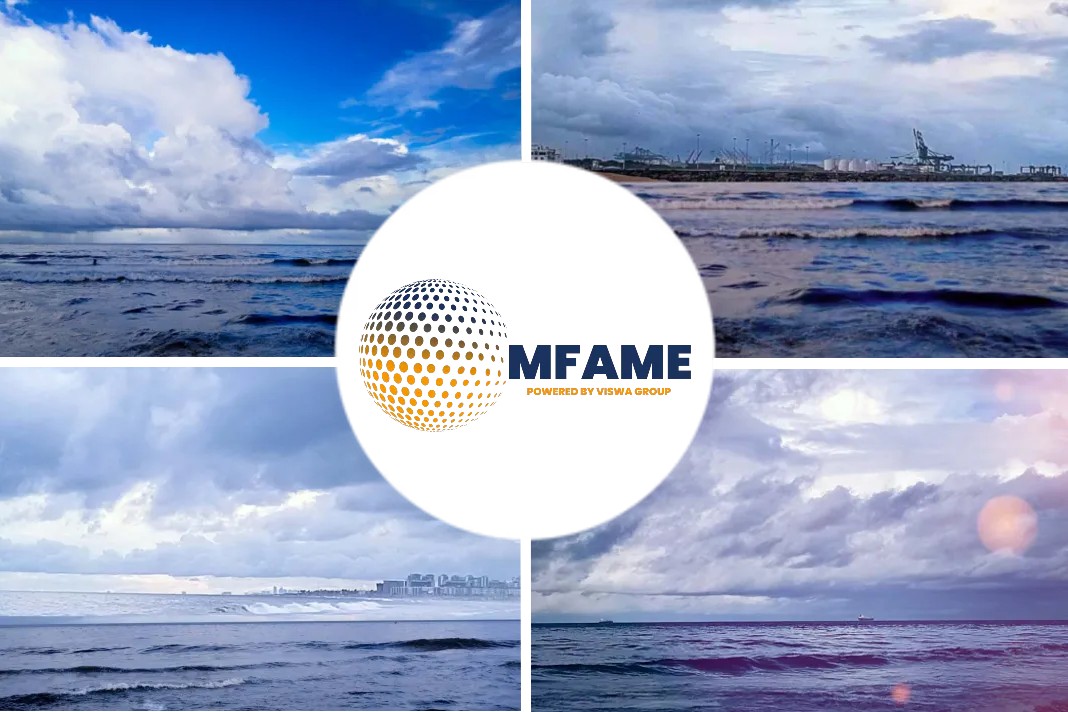
Events during London International Shipping Week (LISW) in September provided a wakeup call for maritime stakeholders, serving notice that the challenges of alternative fuels are almost upon them, reports Riviera.
During a very busy week, the overriding theme was decarbonisation to net zero and the various methodologies on how to achieve this goal, all of which were well debated. Shipping is the lifeblood of the world economy, and while the industry needs to clean up its act to help make the air we breathe cleaner, it comes at a potentially significant cost.
Blue event
At the Blue event ‘Shipping and Decarbonisation: an inconvenient truth?’, there were quiet discussions among some delegates who believe that reducing carbon dioxide to net zero in our atmosphere is not only unnecessary, but could even be harmful to the environment in the long term.
5 leading alternative fuel
Beyond promising energy-saving technologies, such as wind assistance and air lubrication, and hull modifications, much of the discussion centred on the five leading alternative fuel contenders. Ammonia, hydrogen, methanol, biofuels and nuclear: each had their own champions. But which one will come out on top? The future fuels that are the most likely to be adopted, at least in the short term, are ammonia, hydrogen, and methanol, with biofuels a possibility and nuclear a strong contender, but much further down the line.
Maritime Minister, Baroness Vere, opened the UK Chamber of Shipping event, noting the launch of the UK Chamber’s The Value of Shipping report, and praising the sacrifice and hard work of seafarers within the industry and her support for shipping companies who play a vital role in boosting the UK economy.
Martin White (SMT Training): “Emergency training is absolutely essential to deal with vapour release, spillages, leaks and fires onboard”
UK Chamber of Shipping communications director, Tom Bartošák-Harlow, said: “The report from the UK Chamber of Shipping underscores the critical role shipping plays in enabling our modern economy, creating jobs, and offering a convenient and cost-effective means of transporting goods.As the shipping sector takes proactive steps to decarbonise by embracing technological advancements, it opens a new frontier of possibilities. This transformation will demand new skills and expertise, creating a golden opportunity for more people to venture into this evolving industry.”
Tanker and gas terminal shore operators are well trained in safety and operational requirements when dealing with gas and oil tankers, but as the new fuels are rolled out on container and bulk vessels as well as ferries, the terminal staff are going to have to be trained to a similar standard as their counterparts in the wet terminal.
PSS port skills
At the PSS port skills group series events and workshops during LISW, the human element and future fuels were high on the agenda for many delegates. While few port staff are likely to venture onboard vessels using these fuels in port, they may have to deal with, or be caught up in, the effects of spillage or vapour release as regards ammonia, hydrogen, or methanol.
While not as toxic to people, hydrogen is more flammable. Like ammonia, it must be stored onboard at low temperatures and high pressures, which can pose certain challenges in the event of an incident. Methanol, while stored at atmospheric pressure and temperature, has a very low flashpoint and is also a huge fire risk if spilled and ignited. It can be harmful when it comes into contact with skin and can be poisonous and cause blindness. So, the effects of any incident onboard a vessel in port would certainly affect people ashore in the vicinity.
Did you subscribe to our daily newsletter?
It’s Free! Click here to Subscribe
Source : riviera















